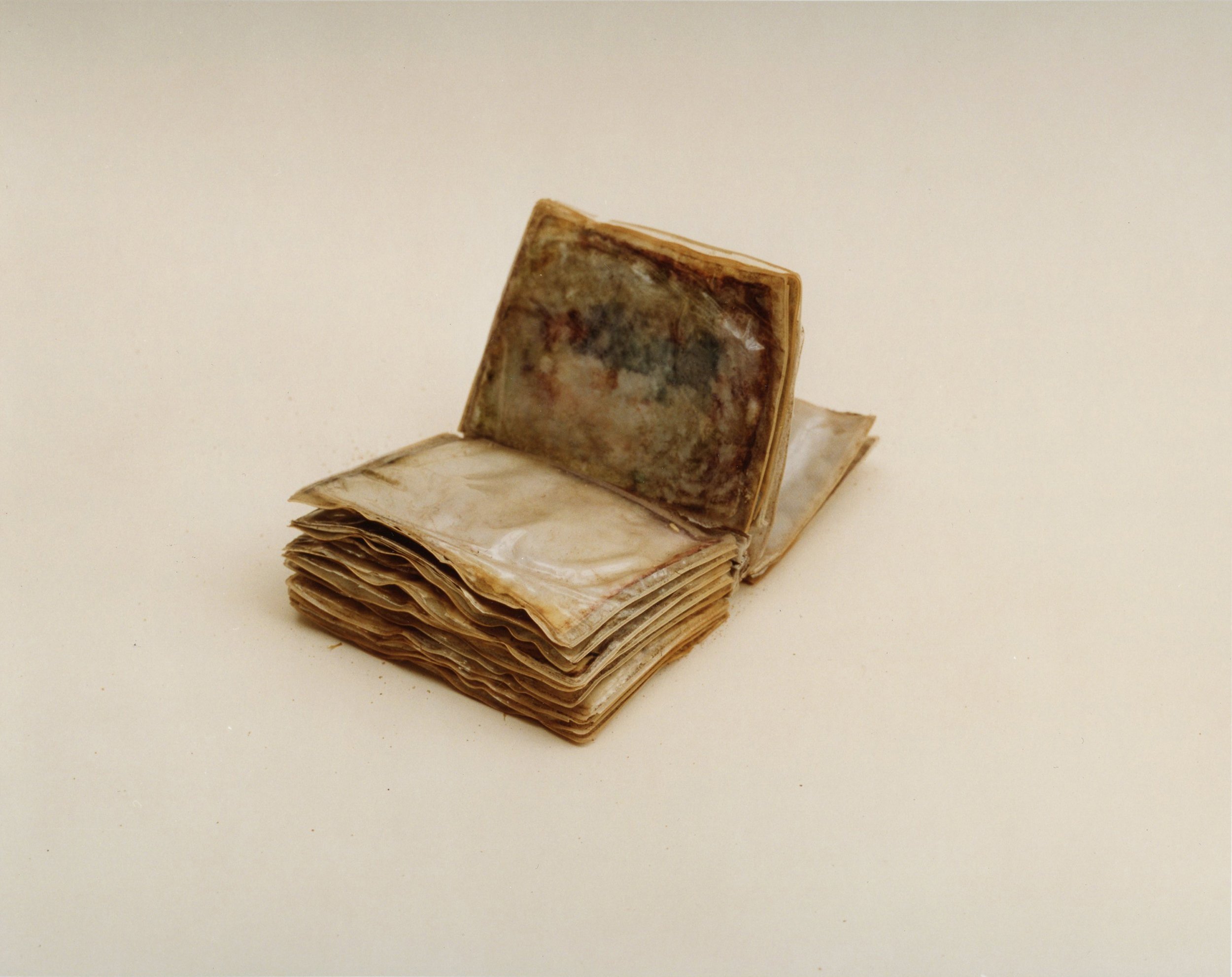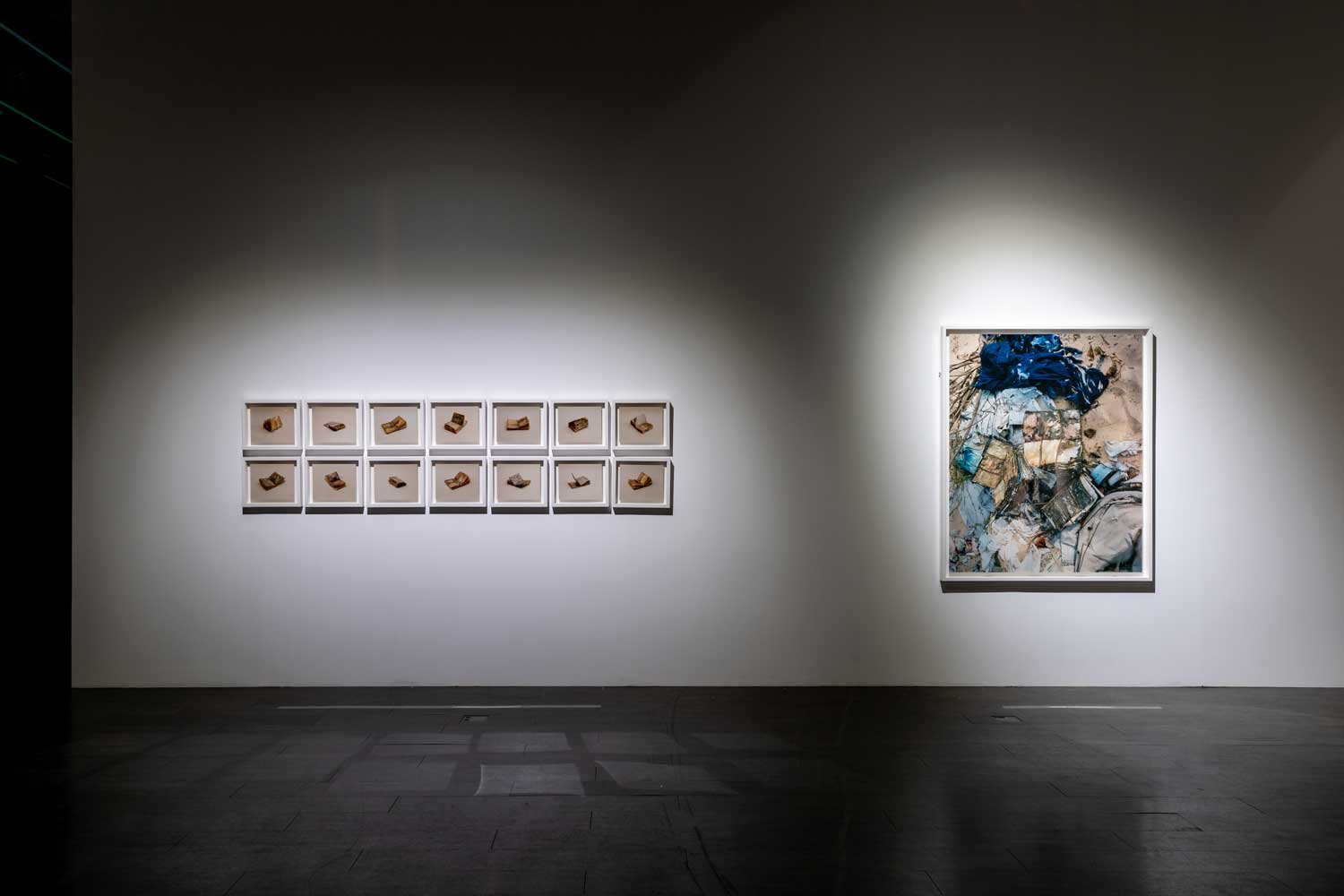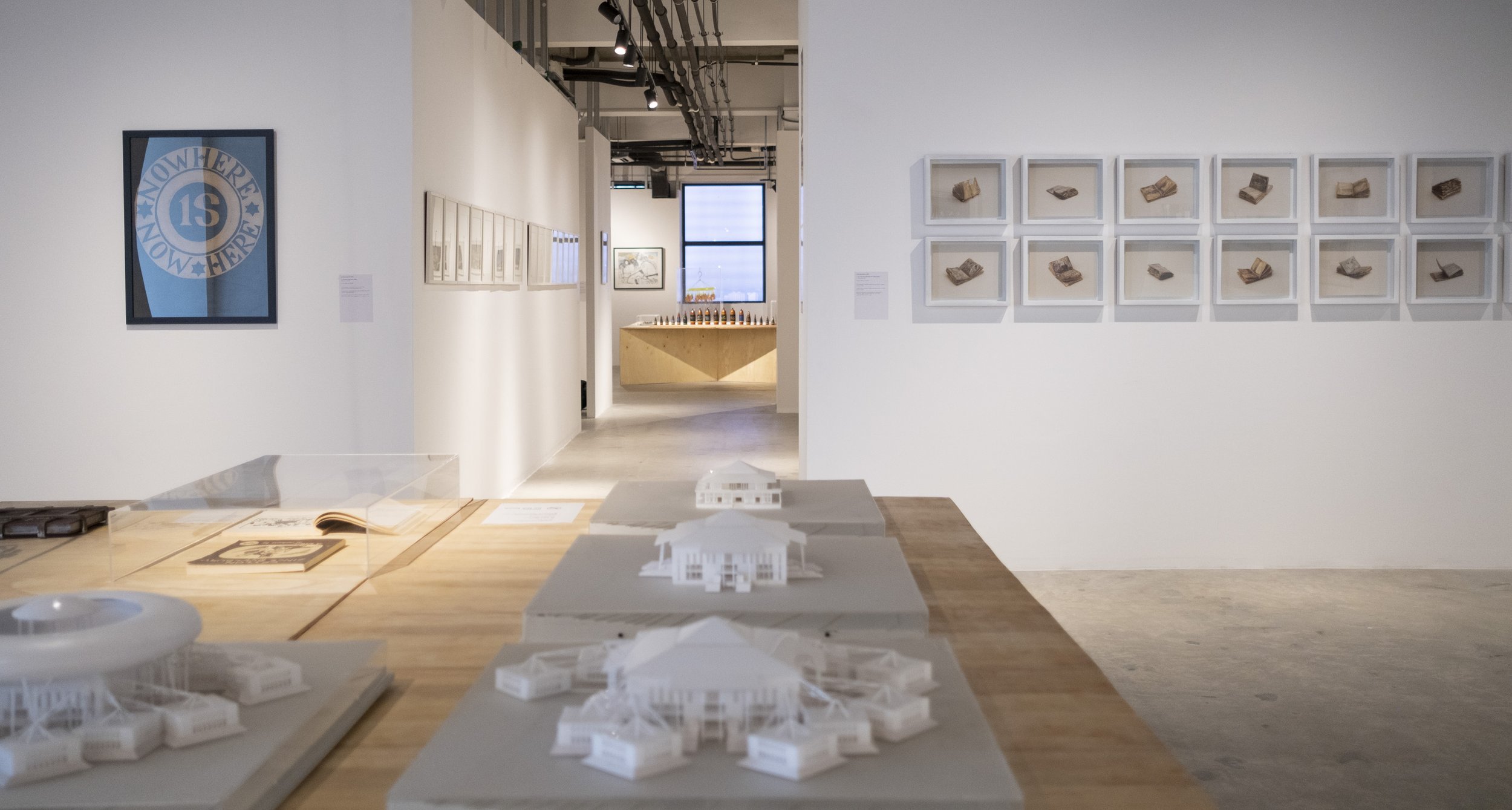Machado’s Afterlife (2011-2016) is a body of work, which reflects on the final stages of the Sri Lankan civil war, and is a meditation on its trauma and its memory. The title Afterlife is inspired by the traditional beliefs towards Death in Hinduism and Tamil culture – which require a series of funeral rites or acknowledgements symbolising closure to be performed as a means of safeguarding the peaceful onward journey of the self or soul into the afterlife for reincarnation.
In the final stages of the Sri Lankan civil war, which was fought on the island’s northern shorelines on an otherwise idyllic land spit known as Mullivaikkal, it is estimated that between 40-70,000 civilians died in the last months of fighting alone. In this period, the vast majority of families were physically unable to perform all if any of the traditional obsequies for their lost departed. According to the traditions of Hindu and Tamil cultural beliefs, as their deaths were left unmarked, the souls of the deceased were perpetually left to wander restlessly, spectres in an obscured twilight realm. Occupying a space between reality and fiction, politics and poetics, Afterlife seeks an end to this twilight for the dead and some illumination for the living.
Machado’s work corresponds to the global positioning system (GPS) coordinates for the shoreline in Mullivaikkal. In contrast to the GPS coordinates that record absolute time and location, a photograph from a family album records the memory of time passing, as it imprints itself in the form of an image onto a material surface. This work grapples with the camera’s intrusion in the aftermath of trauma and how memories, along with events, present inconvenient truths over time.

















